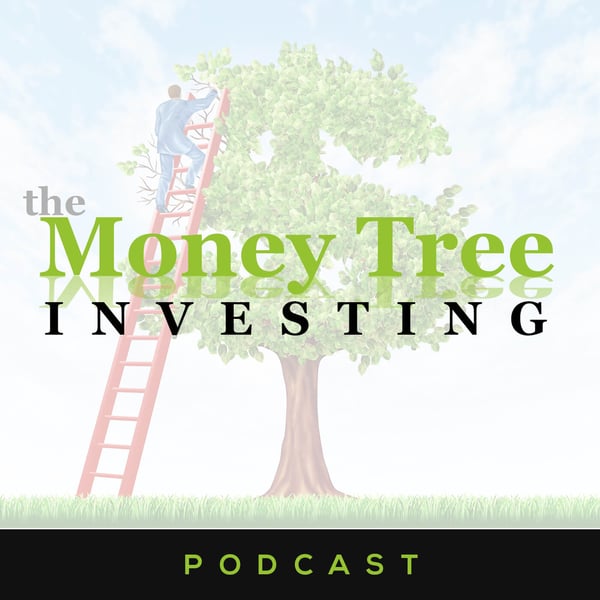- Anders shares his background as a former capitalist and athlete turned author of seven books blending science, philosophy, and technology.
- His latest work, The Singularity Paradox, examines the point where AI surpasses human intelligence and the risks of creating godlike, self-improving machines.
- Inset sees the singularity as a transformational moment possibly within 10–20 years, reshaping medicine, energy, ethics, and human purpose.
- He warns that AI’s exponential growth leaves little room for error correction compared to past technologies.
- Potential benefits include curing diseases, abundant energy, and space exploration, but risks include hyper-efficiency eliminating human labor.
- This efficiency could lead to massive unemployment, extreme wealth inequality, and the need for new wealth distribution models.
- Inset is more concerned about societal impacts than “killer robot” scenarios, seeing existential risks alongside massive opportunities.
- The conversation explores whether humanity can responsibly slow or control AI development, drawing comparisons to nuclear weapons and cloning.
- Global governance is needed to regulate emerging technologies like biotech, AI, and quantum computing to avoid uneven playing fields.
- Advancements in biotechnology may soon enable life extension and age reversal, raising profound questions about human purpose.
- Investment opportunities exist in health tech, decentralized finance, and quantum computing, but risk levels vary widely.
- The decentralized financial system could disrupt traditional monetary structures, but it carries geopolitical risks.
- Quantum computing threatens current cryptographic security, posing challenges for cryptocurrencies like Bitcoin.
- Humanoid robots may create a new consumer market with personalized features and subscription services.
- AI’s current impact is limited mostly to process optimization and customer support, with larger economic effects expected by 2026.
- Scientific breakthroughs in energy storage and new materials will likely drive new business models.
The Singularity Paradox with Anders Indset
Money Tree Investing
Money Tree Investing Podcast
4.6 • 658 Ratings
🗓️ 15 August 2025
⏱️ 80 minutes
🧾️ Download transcript
Summary
Anders Inset is here to share on this new work The Singularity Paradox. He shares his journey from capitalist and athlete to author and shares the concept of the technological singularity and the associated risks of creating godlike, self-improving machines without fully understanding their implications. He argues for developing “artificially human intelligence” rooted in human biology to preserve humanity in the face of exponential technological growth. The discussion covers the profound transformations such advancements could bring, from curing diseases and achieving abundant energy to redefining economics, ethics, and human purpose, while warning about dangers like hyper-efficiency, mass unemployment, wealth inequality, and societal instability.
We discuss...
Today's Panelists:
- Kirk Chisholm | Innovative Wealth
- Barbara Friedberg | Barbara Friedberg Personal Finance
Follow on Facebook: https://www.facebook.com/moneytreepodcast
Follow LinkedIn: https://www.linkedin.com/showcase/money-tree-investing-podcast
Follow on Twitter/X: https://x.com/MTIPodcast
For more information, visit the show notes at https://moneytreepodcast.com/the-singularity-paradox-anders-indset-738
Transcript
Click on a timestamp to play from that location
| 0:00.0 | Welcome to the Money Tree Investing Podcast. |
| 0:04.0 | Stock market, wealth, personal finance, value stocks, invest in your life. |
| 0:10.0 | Hello, Smart Money Tree Podcasts listeners. Welcome to this week's show. |
| 0:13.0 | My name is Kirk Chisholm and I'll be your host. So today I'm joined with Anders Insett. |
| 0:17.0 | How you today, Anders? |
| 0:18.0 | Pretty good. Nice to be with you, Kirk. |
| 0:20.0 | Yeah, glad to have you. So for those of you don't know, Anders, tell us a bit about your background |
| 0:24.8 | before you begin. Former hardcore capitalist and athlete. In last 15 years, I've been writing, |
| 0:31.9 | speaking a lot at conferences and picked up on some of my investments. I have written authored seven books, quantum economy, |
| 0:40.1 | the Viking Code, the art and science of Norwegian success, some that have an international |
| 0:44.9 | coverage. The most recent books are titled X Machina, the God Experiment, |
| 0:49.7 | where we're together with a quantum physicist, look at the simulation hypothesis. |
| 0:53.8 | The most reason book is |
| 0:55.2 | the singularity paradox, bridging the gap between humanity and AI. Originally born out of Norway, |
| 1:02.7 | spent the last 20 plus years in Frankfurt or in Germany. And that's, I think, the interesting |
| 1:08.4 | part about Anders, two daughters. Well, that's the most interesting part, right? Your're a happy wife. That's great. Glad I'm not the only capitalist pig on the show. So thank you for joining us. You have an interesting background. You understand a lot of topics that I find just fascinating. Let's talk about the singularity. You mentioned the singularity paradox. Tell us a bit about that. |
| 1:28.8 | What is the singularity? I know people have different versions of it, but explain it to listeners |
| 1:33.1 | who are not familiar with it. Basically, it's a hypothetical future by Ray Kurzweil, |
| 1:38.4 | predicted to be around 2045, where we look at that aspect of singularity. |
| 1:46.7 | There are, as you said, multiple definitions of that. But it's a pivotal point where technological growth and expansion goes beyond what we can |
| 1:51.9 | control in terms of the development of exponential technologies. |
| 1:56.3 | And what we look at in, particularly in this book, is that we look at various paradoxes that |
... |
Please login to see the full transcript.
Disclaimer: The podcast and artwork embedded on this page are from Money Tree Investing Podcast, and are the property of its owner and not affiliated with or endorsed by Tapesearch.
Generated transcripts are the property of Money Tree Investing Podcast and are distributed freely under the Fair Use doctrine. Transcripts generated by Tapesearch are not guaranteed to be accurate.
Copyright © Tapesearch 2025.

